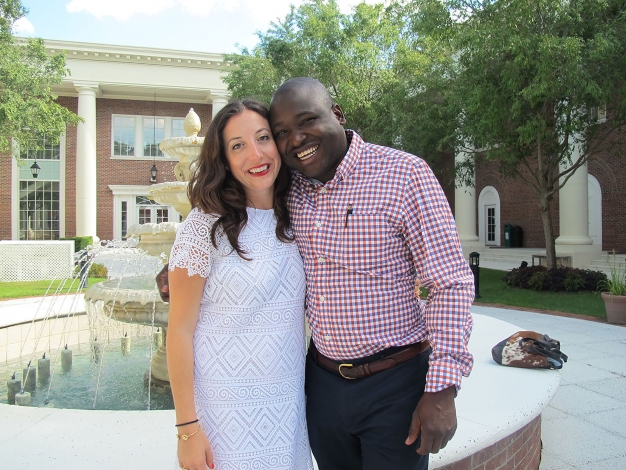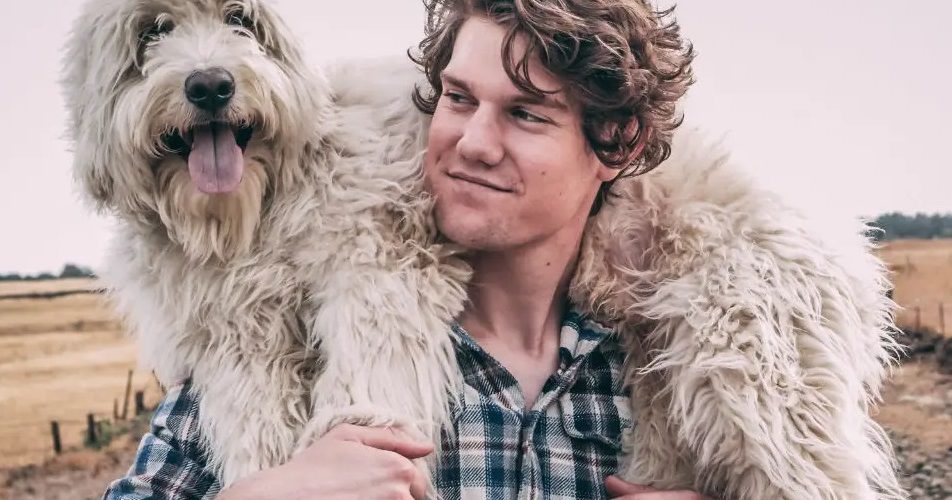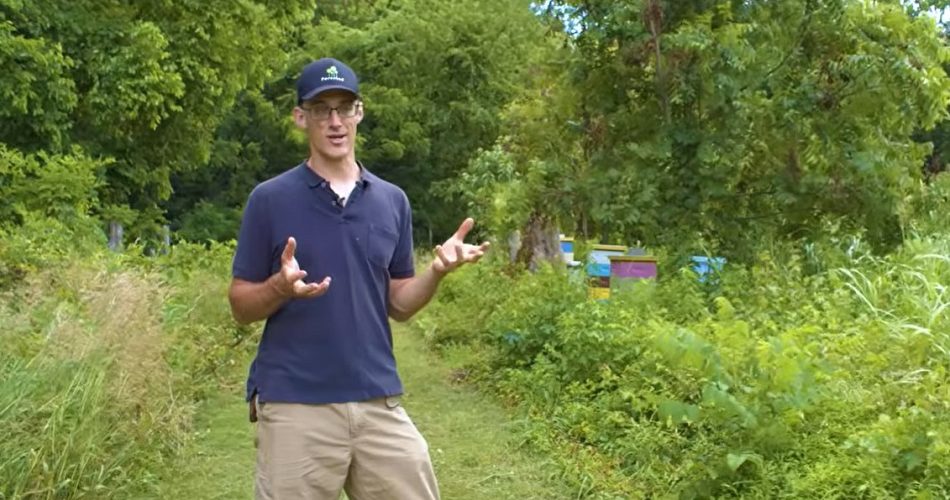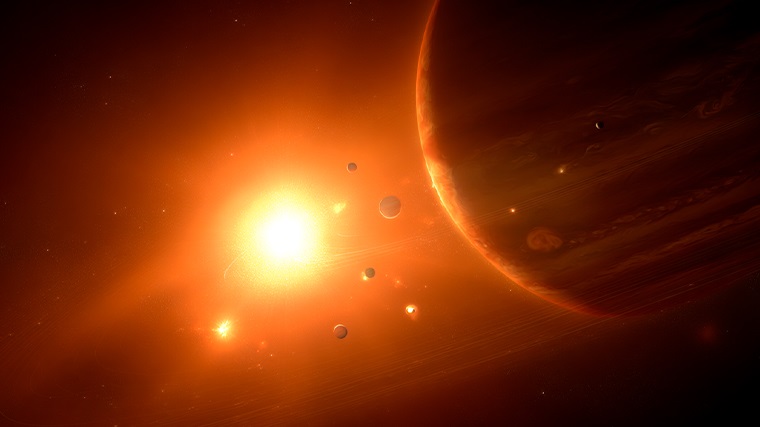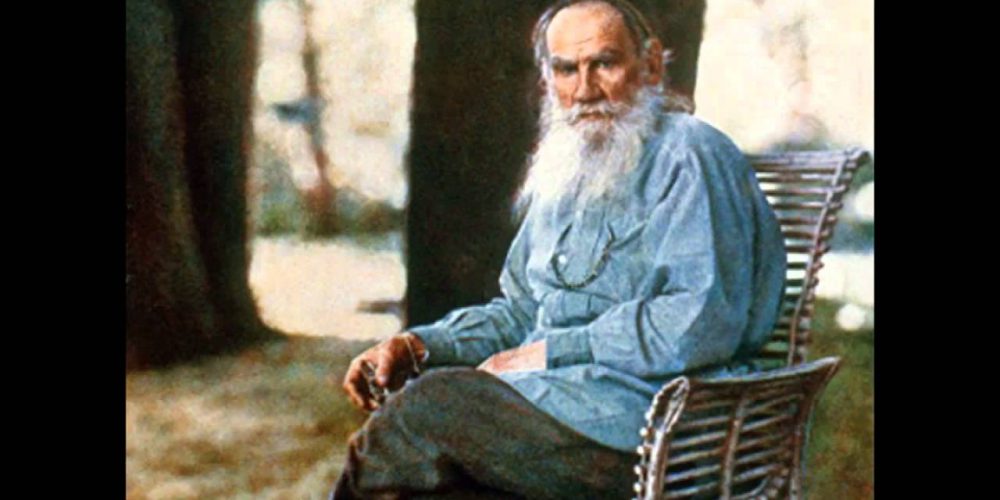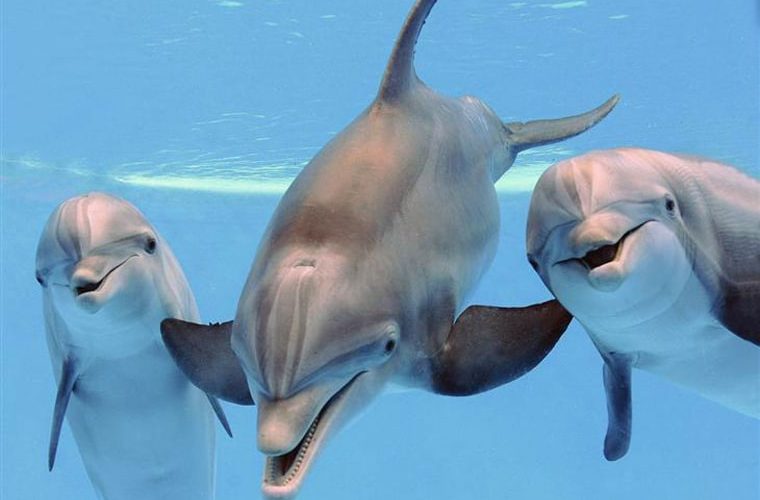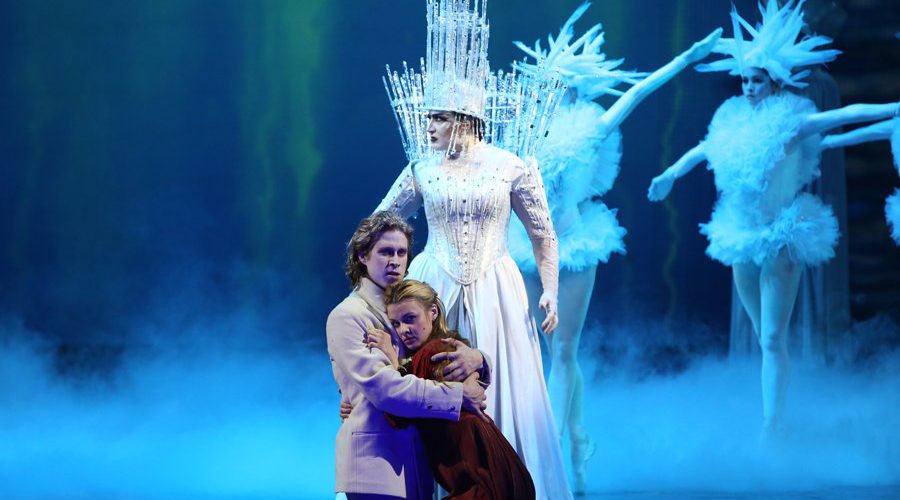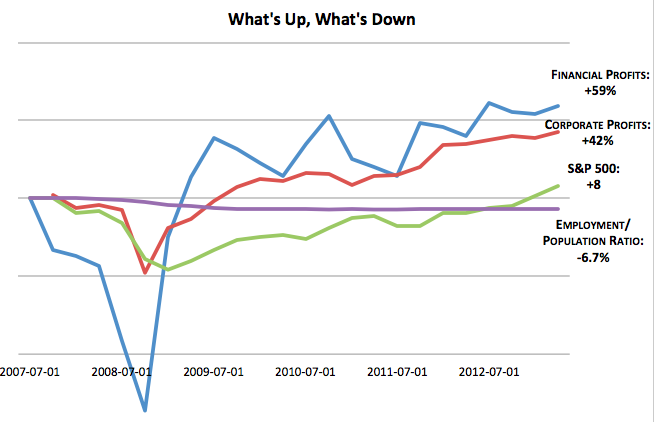Horses are greatly intelligent sensitive animals
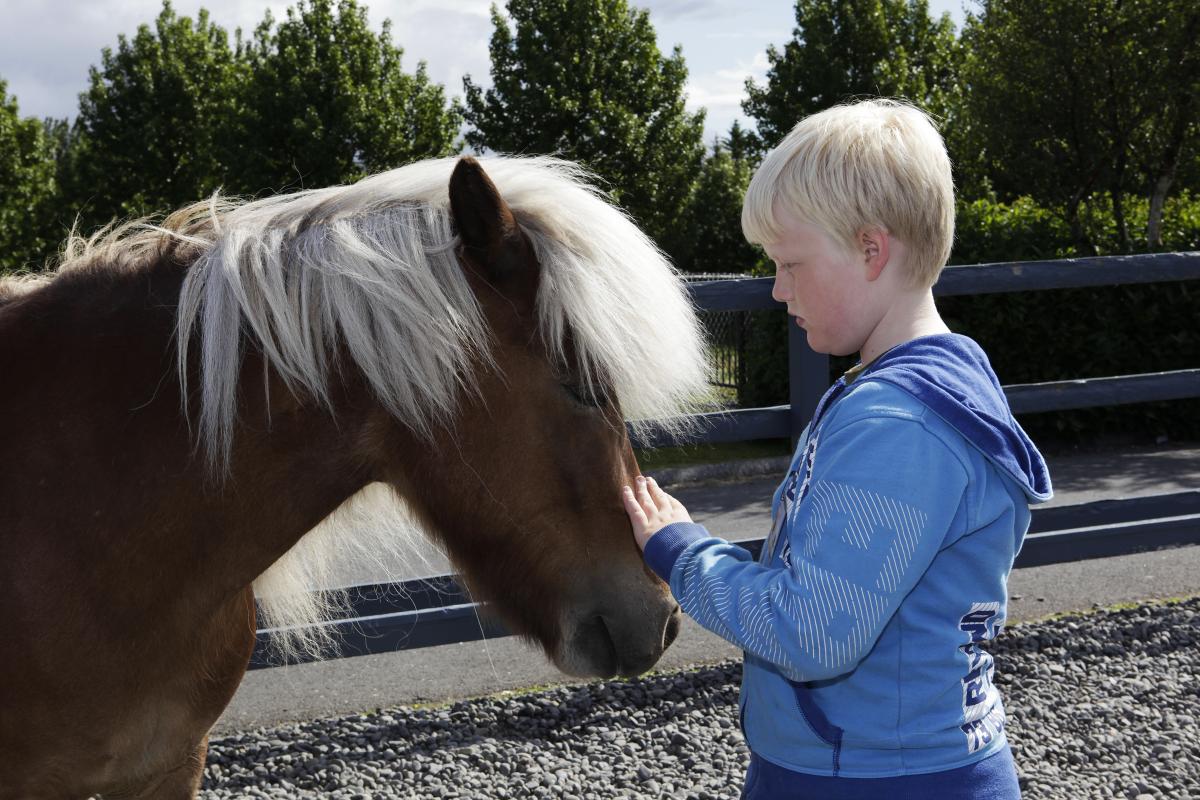
Karen McComb, professor of animal behaviour at the University of Sussex, Leanne Proops, senior lecturer in animal behaviour at the University of Portsmouth and Dr Ayaka Takimoto at Hokkaido University in Japan speak on the findings of the new researches on horse behavior.
Horses can read human facial expressions and remember a person’s mood?
McComb: Yes. And we saw that the animals respond more positively to people they have previously seen smiling and are wary of those they recall frowning, scientists found.
These findings are built on your previous research.
McComb: Yes. That research suggested horses could recognise emotions from reading human faces.
Now, we’ve found the animals can not only pick up on a person’s mood but have a “memory for emotion”.
And it guides their future interactions with an individual?
McComb: It does actually. What we’ve found is that horses can not only read human facial expressions but they can also remember a person’s previous emotional state when they meet them later that day – and, crucially, that they adapt their behaviour accordingly. Essentially, horses have a memory for emotion.
How was your research carried out?
McComb: We showed 21 domestic horses a photograph of a human model, displaying either an angry or a happy face. Several hours later, they were presented with the same person in the flesh sporting an “emotionally neutral” expression.
The earlier short-term exposure to the photograph was enough to generate clear differences in their responses.
Horses have specific brain centres to analyse information?
McComb: Yes, they have. Horses, which had been presented with a picture of an angry model, spent longer viewing them in the flesh with their left eye.The left eye sends information to the right brain hemisphere, where potential threats are processed. Those which had been shown a happy model gazed for longer with their right eye, which is linked to the part of the brain specialised for more positive reactions.
We know that horses are socially intelligent animals.
Proops: Of course, it’s so. but this is the first time any mammal has been shown to have this particular ability. What’s very striking is that this happened after just briefly viewing a photograph of the person with a particular emotional expression – they did not have a strongly positive or negative experience with the person.
Crucially, the human participants in the study did not know which of their pictures the horses had been shown, avoiding the risk of them giving off subconscious signals.
These findings were published in the journal Current Biology.
McComb: Yes. All this could help people bond with horses and avoid aggressive behaviours.
In 2015, we compiled a “dictionary” of horse facial expressions. The animals had a “rich repertoire of complex facial movements”, many of which were similar to those of humans.
Takimoto: Our new research also proved horses are able to read human emotions by collating the tone of voice and facial expressions,
We used a technique to assess mental development in infants and showed the horses images of happy or angry human faces.
At the same time the animals listened to recordings of either praising or scolding voices.
The images matched the sound?
Takimoto: On some occasions during the test they did and at other times they didn’t.
The results showed that horses reacted twice as fast when they were surprised that the voice and face were at odds with each other.
The animals’ response to an “expectancy violation” suggests that they are able to integrate facial expressions and vocal tones to perceive human emotions.
The results of your study were reported in the journal Scientific Reports.
Takimoto: Yes. Our study also contributes to the understanding of how humans and companion animals send and receive emotional signals to deepen our relationships, which could help establish a better relationship that emphasises the wellbeing of animals.



